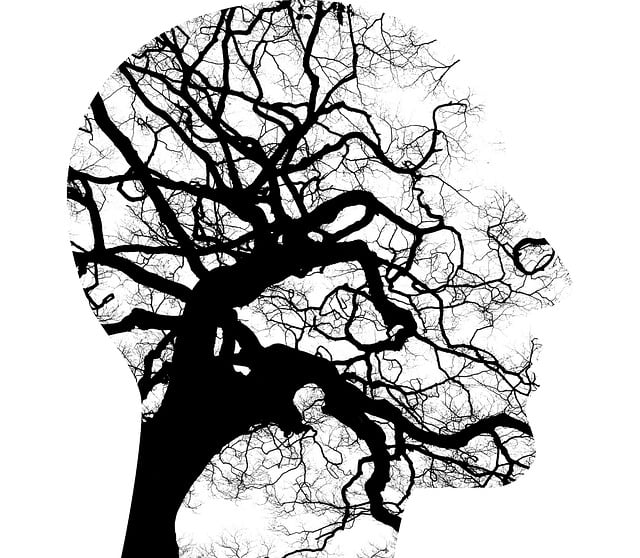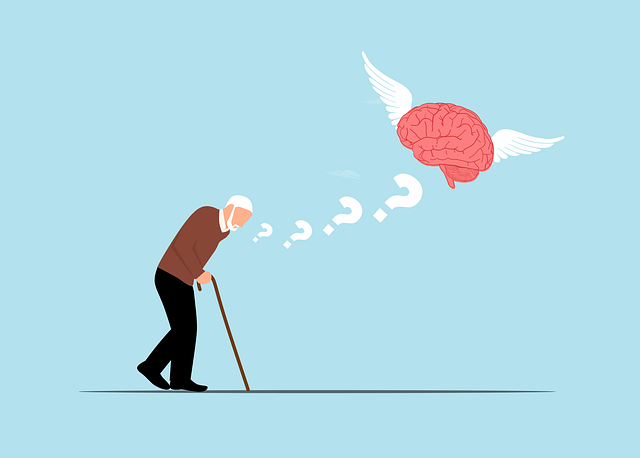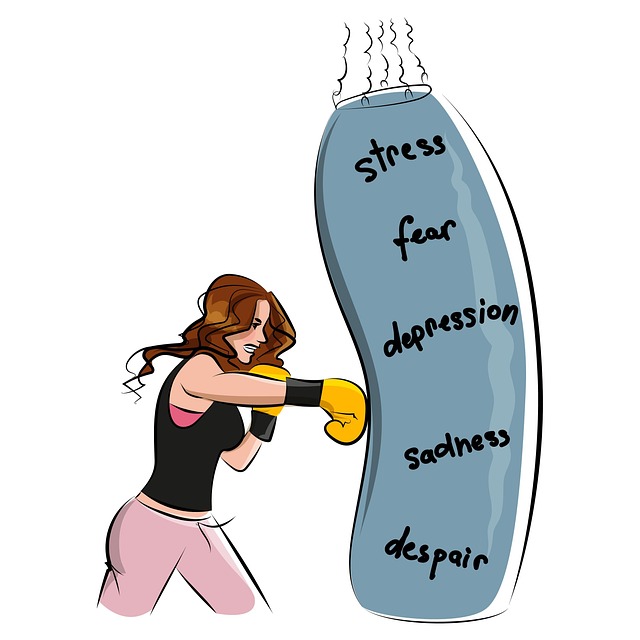Understanding mood regulation strategies is crucial for managing conditions like Superior Adjustment Disorder (SAD). A holistic approach combining therapy (e.g., CBT), self-care (meditation, journaling), medication, and advocacy addresses both individual and systemic causes of SAD. By increasing self-awareness, identifying triggers, and adopting proactive measures, individuals can develop effective coping strategies and enhance emotional resilience through SAD therapy. Cognitive Behavioral Therapy (CBT) and mindfulness practices are evidence-based approaches for mood regulation, offering insights into thoughts, emotions, and actions to improve mental wellness.
Mood regulation strategies are essential tools for managing emotional well-being, especially for those dealing with Superior Adjustment Disorder (SAD). This article guides you through various techniques to improve mood and enhance mental resilience. We explore understanding your emotional triggers, managing stress effectively, CBT techniques, mindfulness practices, and lifestyle changes that can profoundly impact your overall mental health. By implementing these strategies, individuals can achieve a superior level of adjustment, fostering a more balanced and fulfilling life.
- Understanding Mood Regulation Strategies
- Identifying Triggers and Managing Stress
- Cognitive Behavioral Therapy (CBT) Techniques
- Mindfulness and Meditation Practices
- Lifestyle Changes for Enhanced Emotional Well-being
Understanding Mood Regulation Strategies

Understanding Mood Regulation Strategies is a pivotal aspect of managing various mental health conditions, including Superior Adjustment Disorder. These strategies empower individuals to navigate and stabilize their emotional states, fostering resilience in the face of life’s challenges. Through a holistic approach, combining therapy, self-care practices, and sometimes medication, people can gain profound control over their moods.
One effective framework is often found in Mental Health Policy Analysis and Advocacy, where proactive measures are taken to address systemic issues contributing to mood disorders. Similarly, Burnout Prevention Strategies for Healthcare Providers play a crucial role in maintaining emotional well-being, especially among professionals dedicated to helping others. Integrating Self-Awareness Exercises into daily routines can also be transformative, allowing individuals to recognize and manage their emotions more effectively.
Identifying Triggers and Managing Stress

Identifying triggers is a crucial step in managing mood disorders and stress-related conditions like Superior Adjustment Disorder (SAD). By understanding what sets off emotional distress, individuals can proactively develop strategies for better mental health management. This process involves increased self-awareness and recognizing patterns in one’s thoughts, behaviors, and environmental cues that contribute to negative moods.
Effective risk management planning for mental health professionals often includes teaching clients techniques to navigate triggers and reduce stress levels. These may include mindfulness practices, cognitive behavioral therapy (CBT), and relaxation strategies. Public awareness campaigns can also play a significant role in promoting depression prevention by educating people on the importance of early intervention and seeking professional help when needed.
Cognitive Behavioral Therapy (CBT) Techniques

Cognitive Behavioral Therapy (CBT) is a highly effective approach to mood regulation and superior adjustment disorder therapy. This evidence-based method focuses on identifying and changing negative thought patterns and behaviors that contribute to emotional distress. CBT helps individuals gain insights into their thoughts, emotions, and actions, enabling them to challenge and reframe distorted thinking, thus improving overall mental wellness.
Through CBT, clients learn valuable coping strategies for managing stress reduction methods and facilitating emotional healing processes. By confronting and modifying unhelpful cognitive behaviors, individuals can improve their ability to regulate mood and enhance their overall quality of life. This therapy provides tools to navigate challenging situations, promote positive thinking, and foster resilience in the face of adversity.
Mindfulness and Meditation Practices

Mindfulness and meditation practices have emerged as powerful tools in the arsenal of mental health management. These ancient techniques, rooted in the mind over matter principles, offer individuals a way to gain better control over their emotions and mental states. By encouraging a focus on the present moment, mindfulness helps individuals detach from negative or overwhelming thoughts and feelings associated with Superior Adjustment Disorder (SAD).
Regular meditation practice facilitates resilience building by strengthening neural connections and promoting emotional regulation. Integrating mindfulness into a self-care routine development for better mental health can significantly enhance overall well-being. This involves dedicating time each day to simply be, observe, and accept one’s thoughts and sensations without judgment. Such practices foster a deeper understanding of oneself, leading to improved coping mechanisms and an enhanced ability to navigate life’s challenges with greater ease.
Lifestyle Changes for Enhanced Emotional Well-being

Emotional well-being is not just about managing feelings; it involves cultivating a lifestyle that supports mental resilience and overall health. For individuals dealing with Superior Adjustment Disorder or similar challenges, incorporating specific self-care practices can be transformative. Regular Self-Awareness Exercises, such as meditation or journaling, help in understanding triggers and developing coping mechanisms. This introspection is key to breaking unhealthy patterns and fostering positive changes.
Additionally, integrating Self-Care Practices into daily routines is essential. Adequate sleep, balanced nutrition, and regular physical activity not only boost energy levels but also strengthen the mind’s ability to regulate emotions. Mental Wellness Coaching Programs can offer tailored strategies, guiding individuals towards a more harmonious relationship with their feelings, ultimately enhancing their overall emotional well-being.
In conclusion, mastering mood regulation strategies is a powerful tool for managing emotional health. By understanding triggers, employing evidence-based therapies like Cognitive Behavioral Therapy (CBT), incorporating mindfulness practices, and adopting beneficial lifestyle changes, individuals can significantly enhance their ability to cope with challenges and lead more fulfilling lives. These strategies offer a comprehensive approach to well-being, particularly useful in navigating conditions such as Superior Adjustment Disorder. Through dedication and practice, anyone can develop resilience and improve their overall emotional landscape.











